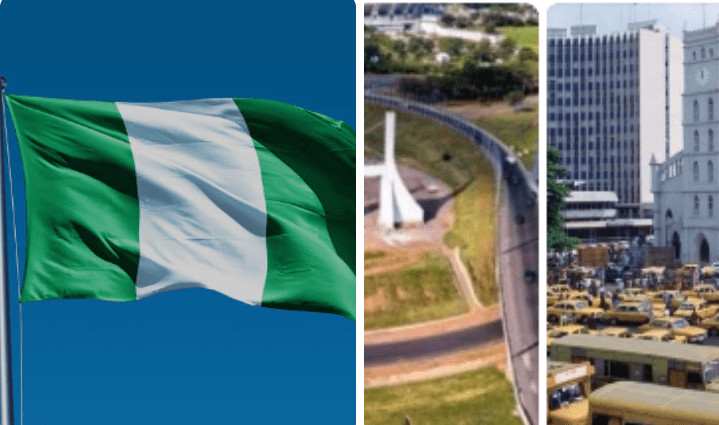
Speculations calling for the revocation and relocation of Nigeria’s capital from Abuja back to Lagos is a mirage that does not hold water. This is based on the fact that Lagos state is over congested and the present day FCT was well planned and established by law. Unless otherwise, succession of government, Nigeria’s capital will remain Abuja.
The speculation broke out at the transfer of certain departments of CBN and FAAN from Abuja to Lagos Nigeria by the Renewed Hope Agenda of President Bola Ahmed Tinubu GCFR.
Many Nigerians may not likely be aware and indeed some students of history many have forgotten the story of how the Federal capital of Nigeria was moved from Lagos to Abuja.
I wish to therefore bring to the knowledge of our readers and Nigerians at large the summary of how the Abuja Capital was created after Lagos.
Therefore, a walk down memory lane to see how the Federal Capital Territory (FCT) came about is necessary.
In 1960, Nigeria was granted political independence as a sovereign state under the 1960 Constitution from Britain.
After independence Nigeria, like many newly independent African States, inherited a capital which was then Lagos, a state central in respect of international trade but distant from most constituent states in terms of administrative and cultural affairs.
Over time, the coastal town of Lagos, then Nigeria’s capital, grew rapidly leading to questions around the suitability of Lagos serving as both the Federal capital City of Nigeria and that of Lagos State.
Some of the problems with Lagos State being the capital were identified as; intolerable conditions of living and working, intractable traffic, chronic housing shortages, over congestion, overstretched infrastructure, and severe environmental sanitation problems.
Some include Lagos being the commercial nerve centre of the country, the possibility of relocating the aborigines of Lagos, the questions of scarcity of land for expansion and costs involved, potential security risks, skewed location, and challenges of possible submarine wreckage.
These factors necessitated the setting up of a panel in August, 1975 by the then Military Regime of late Murtala Mohammed.
This committee was to advise if it was suitable for Lagos to retain its dual role of being both State and Federal Capital or if the capital was to move from Lagos.
If it was to be moved, the committee was charged with the responsibility to recommend suitable alternative locations, having regard to the need of easy access to and from every part of the country, among other factors.
The Panel, led by Justice Akinola Aguda, recommended that the Federal Capital Territory (FCT), should be moved out of Lagos.
The country needed a site with good climate, plenty of land and abundant water.
Different teams visited possible locations in the existing twelve Nigerian states, taking note of their capitals.
Afterward, Nigeria studied world capitals like Brasília (Brazil), Islamabad (Pakistan), Paris (France), St. Petersburg (Russia), and Washington, D.C. (United States). With Paris and Washington in mind, Abuja was finally chosen.
Speculations from various quarters concerning the relocation of Nigeria’s capital cannot not be realistic in this recent dispensation as a country while Abuja will remain the Federal Capital of Nigeria.
Our readers are free to send comments and reactions below this News content.
-Princely Onyenwe reporting
For inquiries on this news contact 9News Nigeria @08036856526